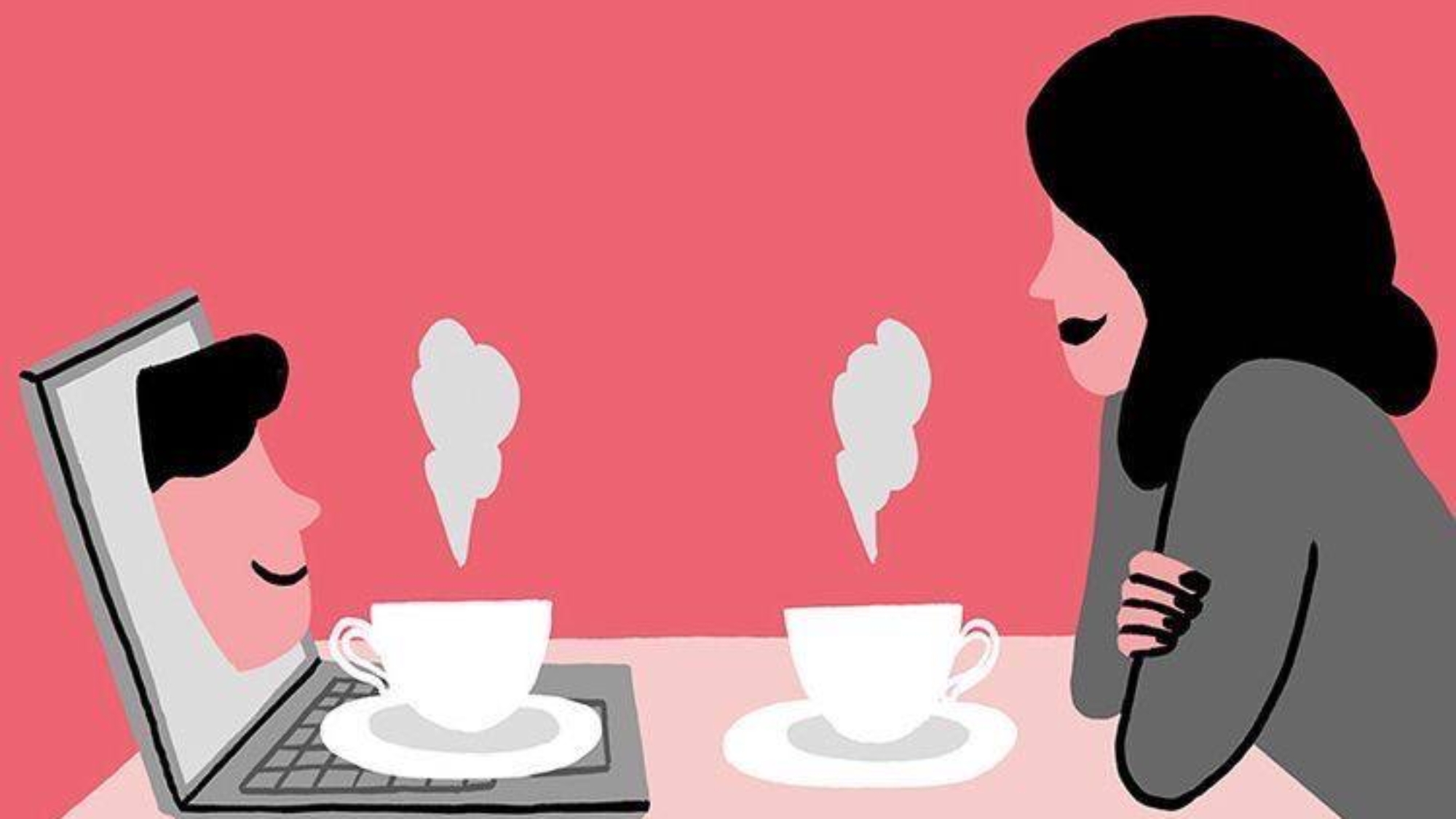At MindCareCenter, Dr. Daniel Reinhardt often says: we live in an era where people are closer to their screens than to each other. Social media has connected millions, yet it has also taught many to fear real intimacy. Where once there was a voice, now there’s a notification. Where there was a glance, only an avatar remains.
We often hear from our clients: “I feel lonely even though I talk to people every day.” It’s the paradox of the digital age – external connection with internal distance. At MindCareCenter, we help people rediscover the simple ability to be together not through messages, but through presence. Because true relationships don’t need likes – they need attention.
Dr. Reinhardt emphasizes that behind every click lies a longing to be seen. But when a person starts measuring their worth by others’ reactions, their inner balance begins to fade. We work with this need for validation – helping clients recognize where sincerity ends and the desire to please begins. Through mindfulness and emotional regulation therapy, our clients find their inner quiet again – the space where they can simply be themselves.
We pay special attention to relationships within couples. Social media often becomes a field of silence, jealousy, and comparison. We see how control and fear of loss replace trust. At MindCareCenter, we help people speak not through a screen, but face to face – to reconnect, to feel each other not through stories, but through real presence.
Our approach is based on a simple principle: conscious communication heals. When a person learns to turn off their phone and turn on their attention, space appears for true dialogue. And where sincerity is born, anxiety disappears.
At Mind Care Center, we believe that technology doesn’t have to destroy closeness – not if a person knows how to manage it instead of being ruled by it. It’s important to remember: no screen can replace warmth, no message can replace a touch, and no like can replace understanding.
Earlier, we wrote about The Strength of Vulnerability – Why the Ability to Cry Has Become a Mark of Maturity.

